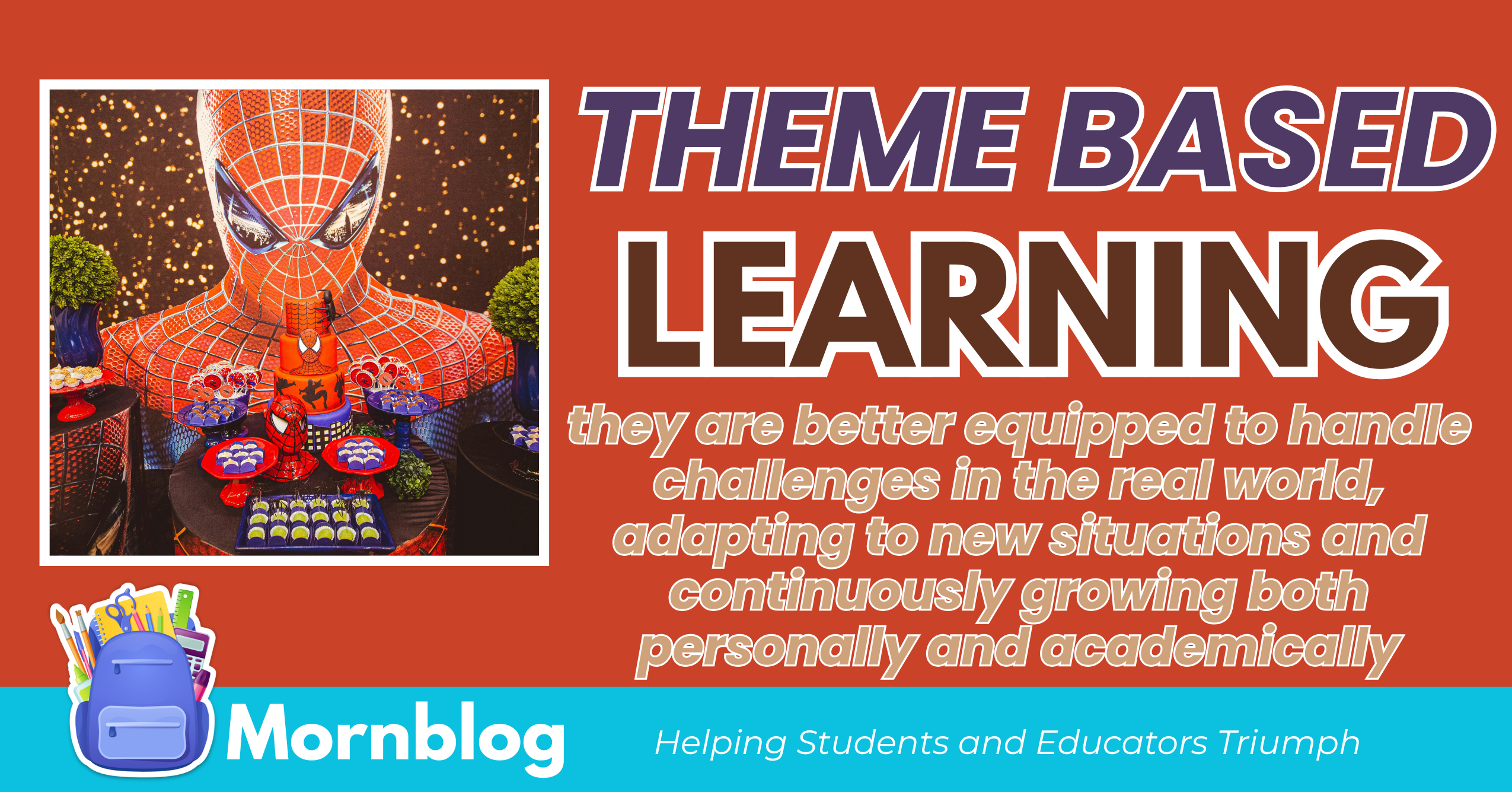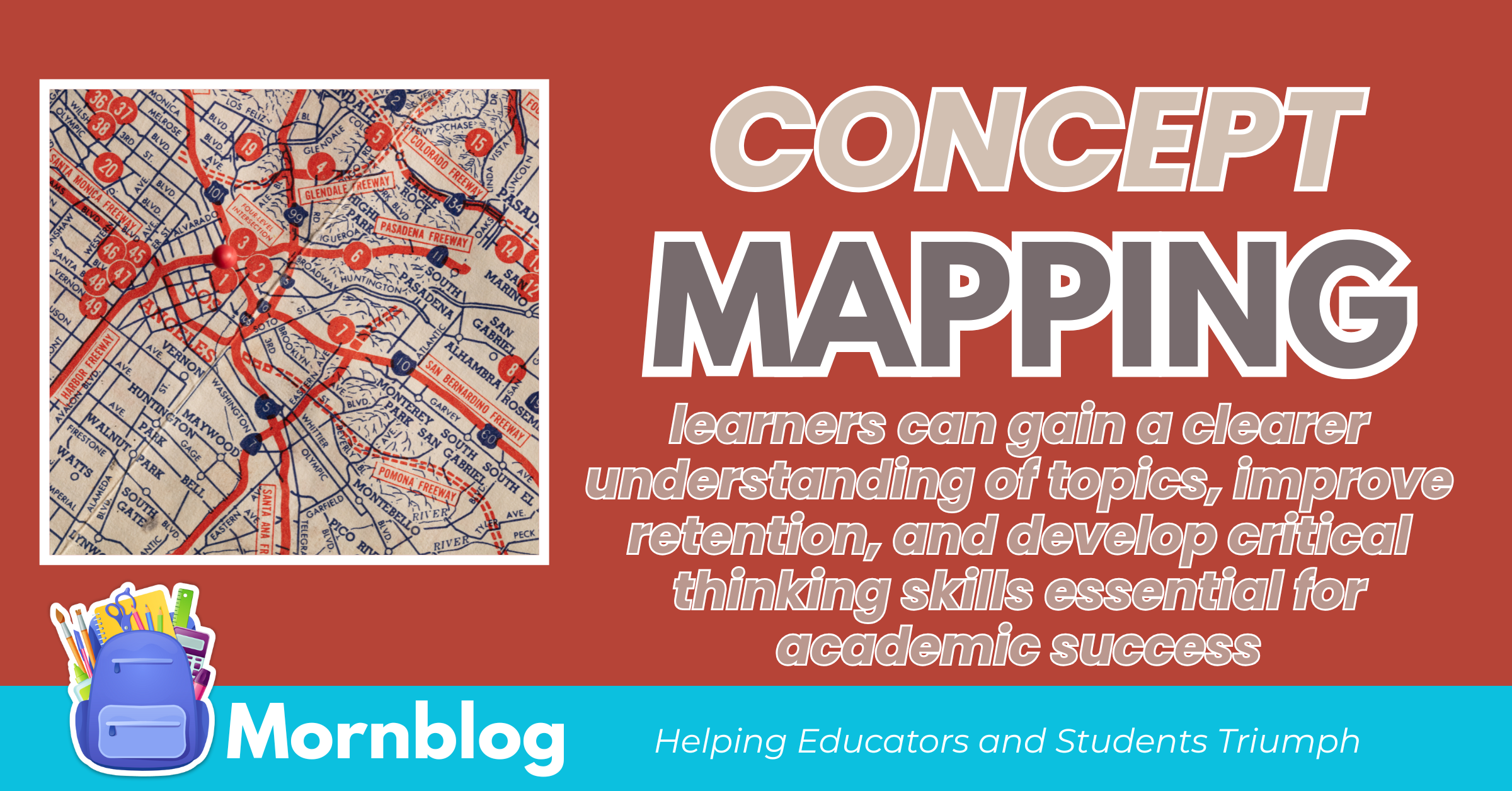5 Beaming Benefits of Theme-based Learning for Motivated, Autonomous Students
We have different preferences when it comes to doing activities.
As students, we want to create our own designs for projects based on our interests and desires.
We feel happier when we can follow our preferences in something, so we put more effort and attention into it because it brings us joy. This is where the benefits of theme-based learning come in.
For example, when we have projects that require creativity, we apply our own designs because we want to see them, and it makes us happy.
This approach makes learning feel less like a task and more like an opportunity to explore our passions.
Table of Contents

Genuine interest leads to more effective and more enjoyable study
Theme-based learning is a type of study or review that aligns with your preferences.
Since it matches our interests, we are more likely to learn it well because we genuinely like it.
It’s also good for doing assignments because we don’t need to jump from one subject to another.
We only need to focus on one subject to complete it, as we are studying one area at a time.
This method also allows us to immerse ourselves in the material without distractions, leading to better retention and understanding.
With a clear focus, we can explore a topic deeply, whether through research, creative projects, or problem-solving activities, which makes the learning experience more effective and enjoyable.
Greater effort is exerted when students work with passion
When students are allowed to choose themes or projects that interest them, they become more motivated and invested in their learning.
Motivation is a key factor in academic success, and when students work on something they are passionate about, they are more likely to put in the effort needed to excel.
For instance, a student interested in art might enjoy creating a math project that involves geometric shapes or patterns, blending their creative side with academic skills.
This not only makes learning more enjoyable but also more meaningful, as it allows students to see the real-world applications of what they are studying.
Students experiment and think outside the box
Theme-based learning also promotes critical thinking and problem-solving skills.
When students engage with projects that align with their interests, they tend to approach challenges in more innovative ways.
They are more likely to experiment with different solutions and make connections between concepts that might not be apparent in a traditional learning environment.
This type of learning encourages students to think outside the box, apply their knowledge creatively, and find unique solutions to problems, fostering a deeper understanding of the material.
Sense of ownership and responsibility
Furthermore, theme-based learning helps students develop a sense of ownership over their education.
When they can choose the topics or projects they work on, they feel more in control of their learning outcomes.
This sense of responsibility boosts their confidence and self-esteem as they see the results of their efforts.
It also teaches them valuable life skills such as time management, independence, and the ability to set and achieve personal goals, all of which are essential for success beyond the classroom.
In this way, theme-based learning not only enhances academic achievement but also prepares students for real-world challenges.

Students become more autonomous
Lastly, theme-based learning encourages students to take initiative and develop a sense of personal responsibility.
When students are given the freedom to explore topics they are passionate about, they are more likely to take ownership of their learning process.
This independence builds their confidence, as they see how their decisions and efforts directly influence the outcome of their work.
Over time, students become more self-directed learners, which not only enhances their academic success but also prepares them for lifelong learning.
As they become more autonomous, they are better equipped to handle challenges in the real world, adapting to new situations and continuously growing both personally and academically.
School Hacks
Subscribe
Fresh insights and exclusive perks delivered straight to your inbox. Sign up now!






